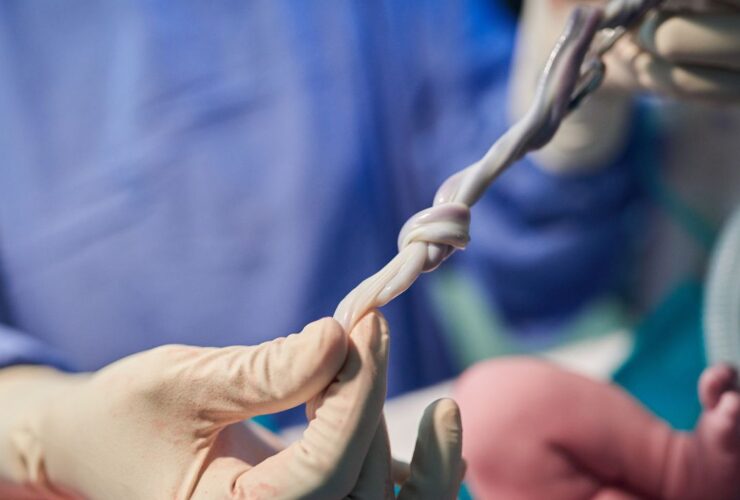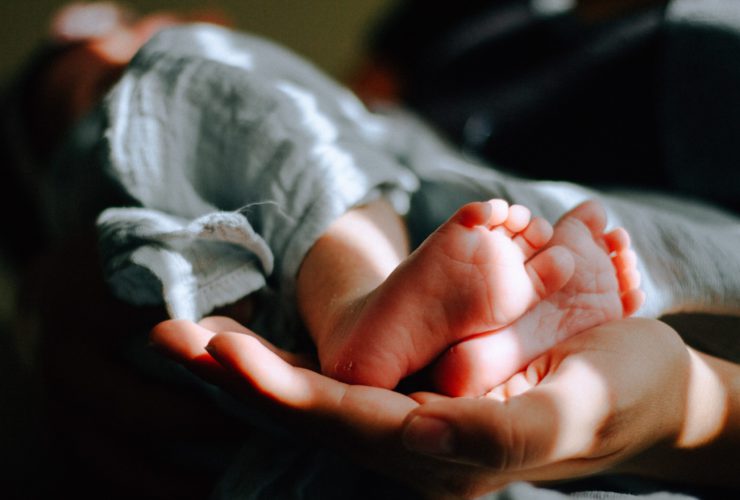I see in my practice much anxiety and depression in both pre and post birth. Mental health issues are often unfortunately put in the closet. This may be because of outward fear or rejection of having issues, shame and fear of change in relationships or status as a coping and capable person. Untreated, there is the chance of destruction to much of life’s experiences and also to relationships with ones close to them.
Past History of mental health issues
Often showing problems from teenage years, such as eating disorders, relationship difficulties, receiving treatment for anxiety, panic attacks, depression and bipolar disorder or borderline personality disorder, may be signals for increased risk of perinatal mental health issues. Neglecting to discuss these previous problems is quite common and it misses an opportunity to open a forum for closer observation I the pregnancy and postnatal periods.
Currently treated mental health issues
Around 5% of my patients currently take medication such as antidepressants for mental health issues and may more have seen psychologists and GP’s for help in this area. The vast majority of these women feel much more stable and in control of their health because of this help. They are very sensible and almost always continue current treatments all the way through pregnancy and postnatal period. In conjunction with their other treatment professionals we aim to keep stability through the somewhat frequent emotional challenges of pregnancy and becoming a new parent. Taking medication is always considered a risk to benefit assessment but in particular most of the more frequently prescribed antidepressants have a low risk profile.
Evolving or new mental health issues
Through the course of the year I see people from pre-conceptual right through until the first two months post-partum, it is common that mental health problems are discussed. Either evolving known or unrecognised issues or new challenges may present themselves and we will need time and attention to deal with them. Sometimes lifestyle, work or social circumstances need addressing and sometimes more issues need to be sorted when they may have longstanding and unrecognised. I frequently engage the patients General Practitioner or one of a group of very respected and experienced psychologists that I have worked with. Occasionally Psychiatrists may be consulted, but the vast majority don’t need their help I the first instance. More severe situations especially in the postnatal period may need inpatient care and attention from the excellent services at the Albert Road Clinic, Melbourne Clinic or others around Melbourne. They play a crucial role in helping the people most affected by mental health problems.
Post Natal ‘Blues’, adjustment and depression
I commonly see on day 3 post-delivery, the previously unexpected tears that flow with the slightest provocation in otherwise normal women after birth. This is culmination of hormonal changes, sleep deprivation and the challenges of a newborn baby. They usually settle and the seemingly heavy drain on the emotions usually slows. It doesn’t, mean that postnatal depression (PND) is underway. The changes in lifestyle sleep patterns and relationships over the upcoming week’s present challenges for all parents and the mental adjustment is considerable. For some people this adjustment presents and enormous strain ad may present itself in many ways. It is not depression in itself but a normal response when life was so different only a few months ago. With support and help from family and friends and some positive lifestyle efforts such as exercise it can be turned around.
Post-natal depression usually takes months to evolve and as such usually present to GP’s or Maternal and Child Health care nurses much later after the birth. I often see people with many risk factors and I talk to them about trying to recognise the signs early and seeking help to avoid the potential damage that it has on themselves and to those around them. Men are of course also at risk of a similar process with nearly ten percent getting some symptoms of depression after becoming a new father. Supporting treatments and sometimes anti-depressants can unlock the shackles of this crippling disease and allow life to return to normal again.
The known predisposing factors to PND include
- Previous anxiety or depression
- Difficult social circumstances
- Poor social support network
- Complications during pregnancy or delivery
- An unsettled newborn baby
- Having a baby with an illness
- Relationship difficulties
Signs of Postnatal depression are:
- Feeling agitated
- Obsessive fears of wellbeing f yourself or your baby
- Panic attacks
- Obsessive patterns of behaviours
- Sudden mood swings
- Excessive exhaustion
- Little interest in things that normally bring happiness
- Excessive sleeping or conversely marked insomnia
- Withdrawal of interaction with family and friends
- Having thought of harming you baby or yourself
If somebody you know is showing these signs then discuss it with them, and ask them if they need help. If you are feeling that it is getting difficult after the birth of your baby and can see some of these things in yourself, then talk to somebody close and ask for help early, before it gets tougher. There is much help available in many different ways.


